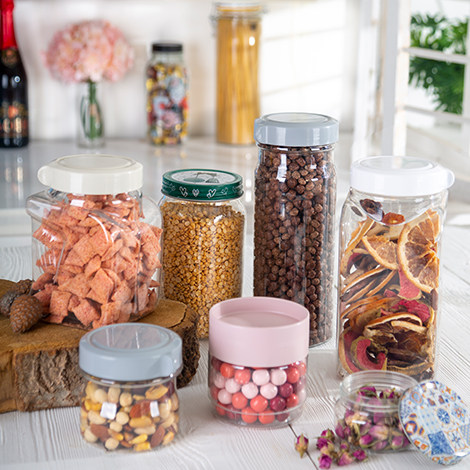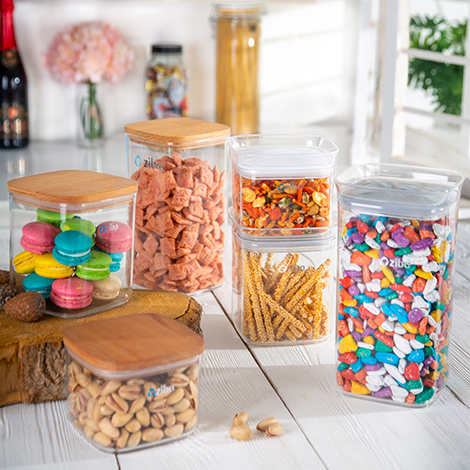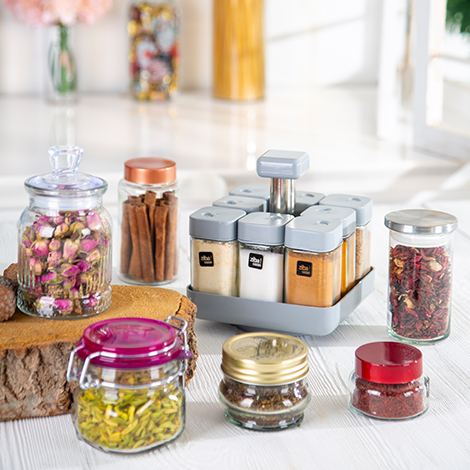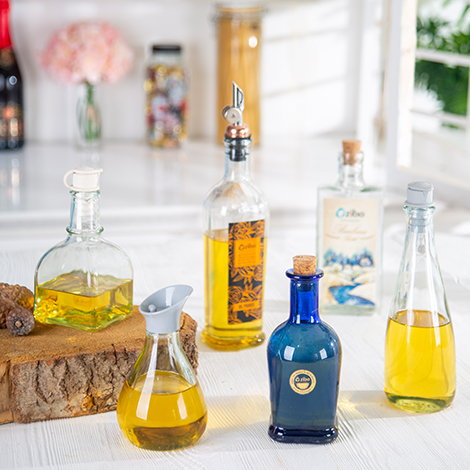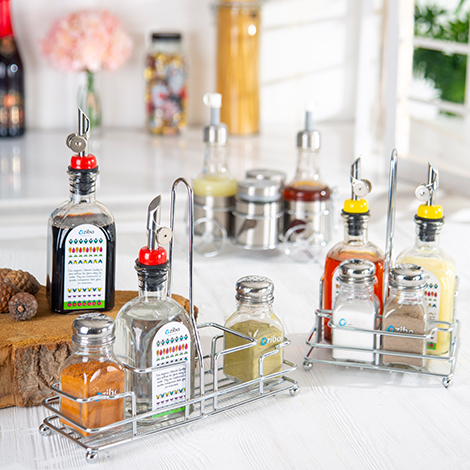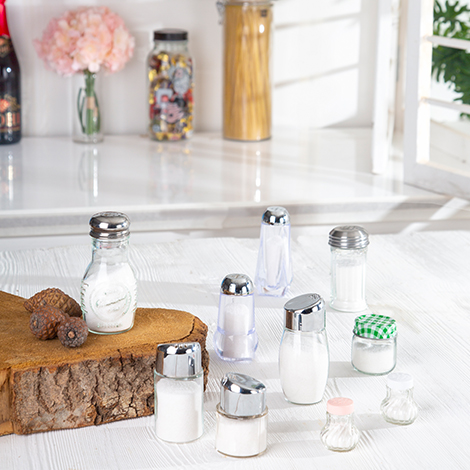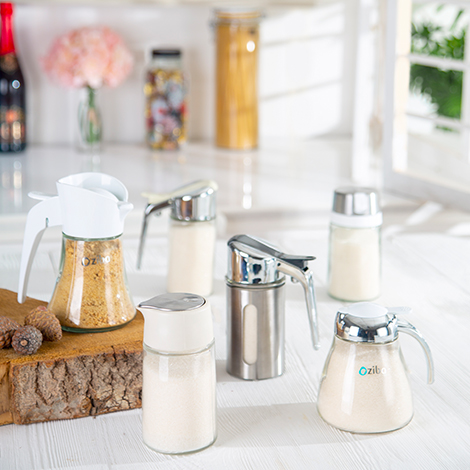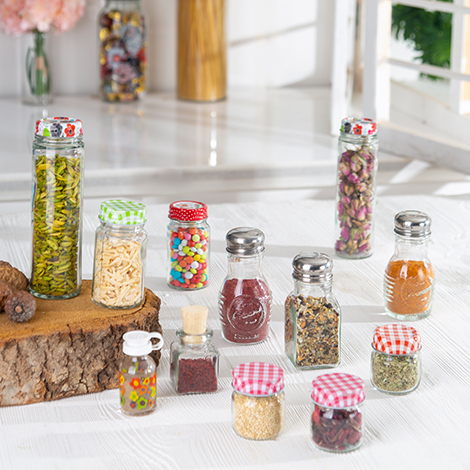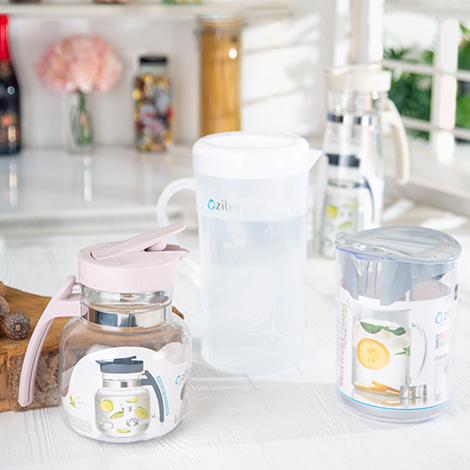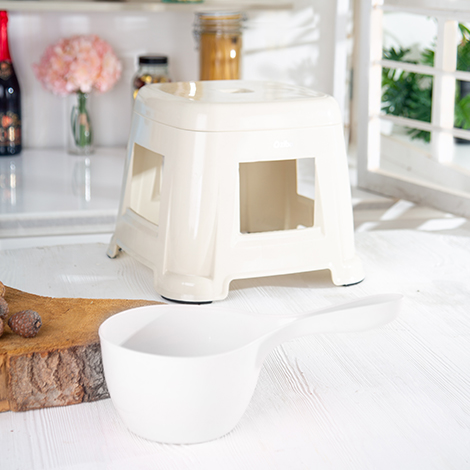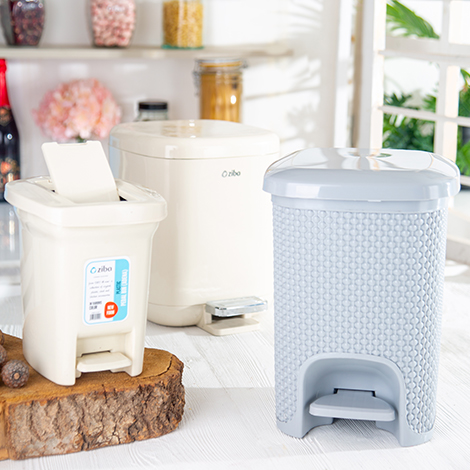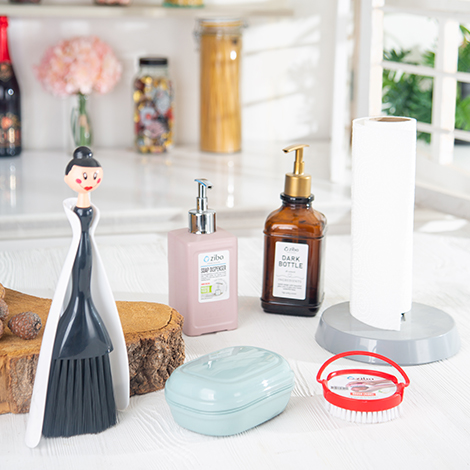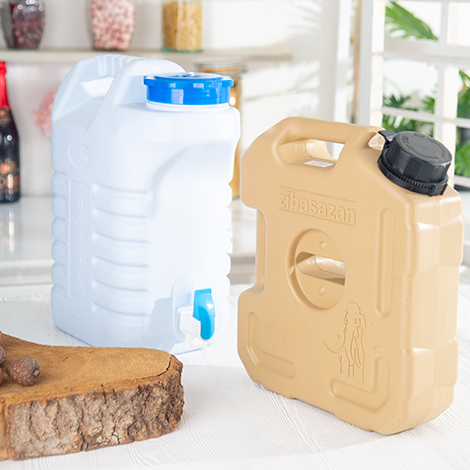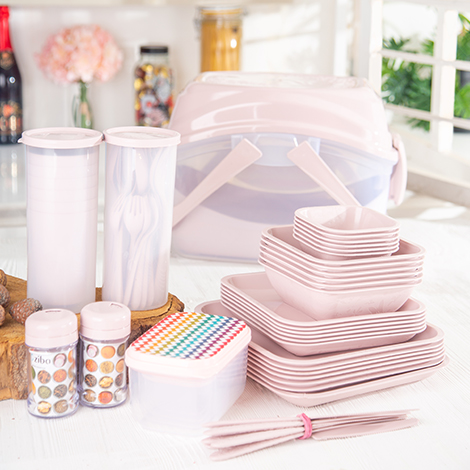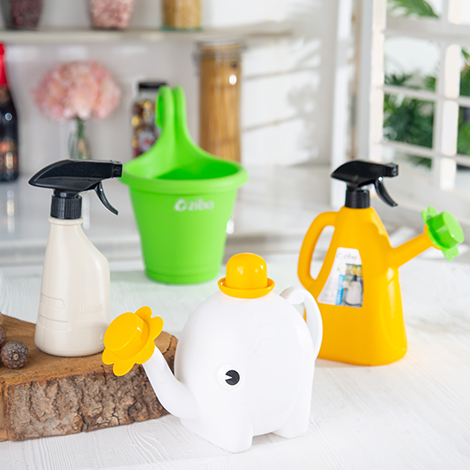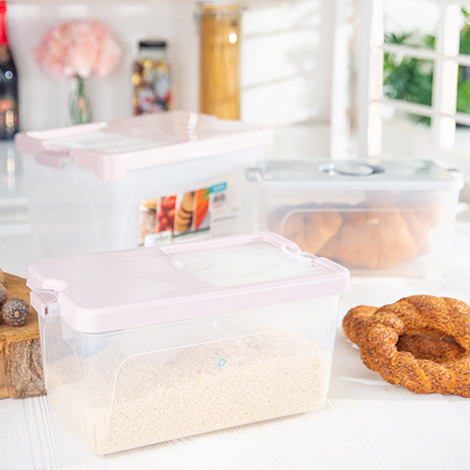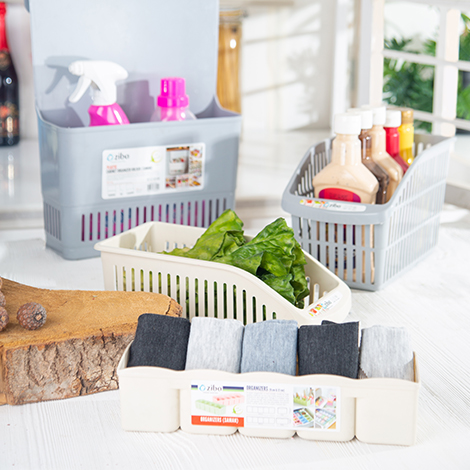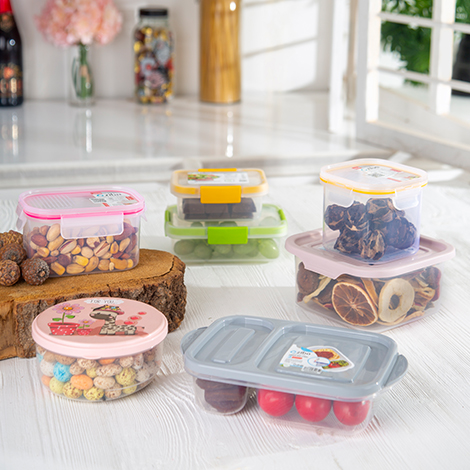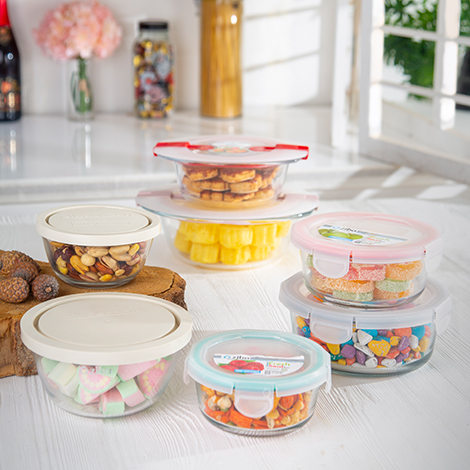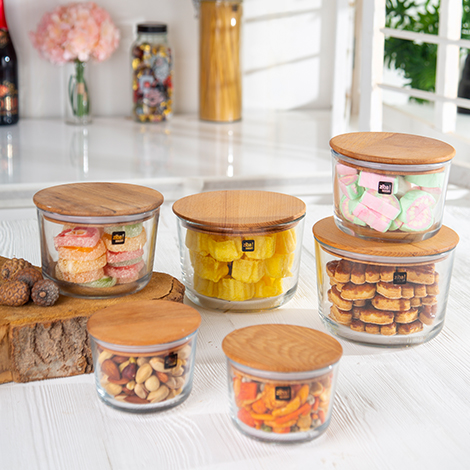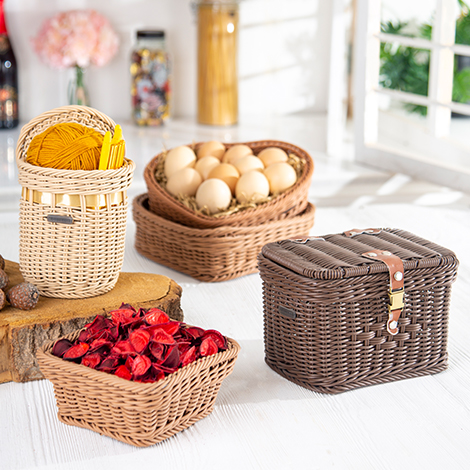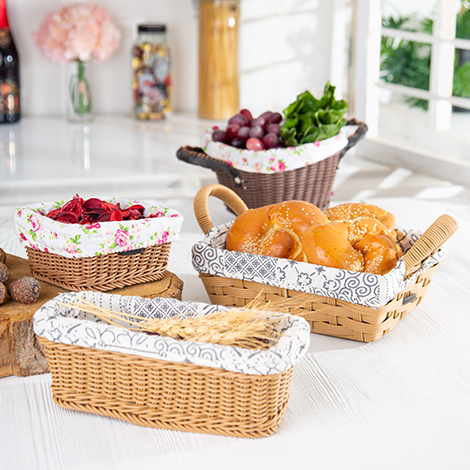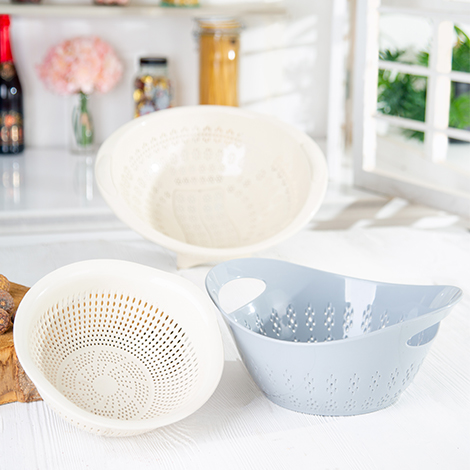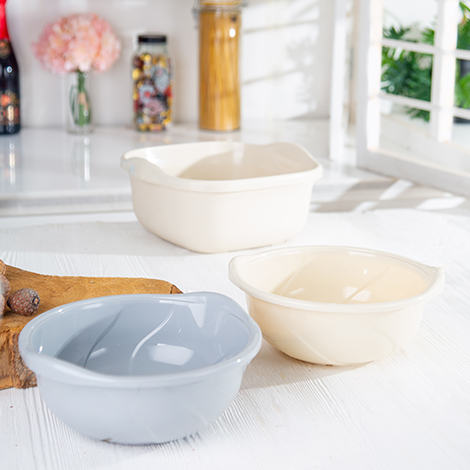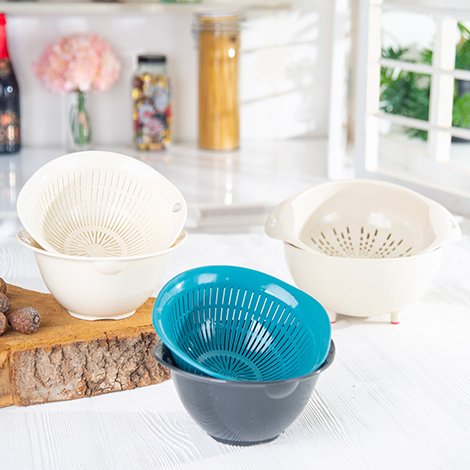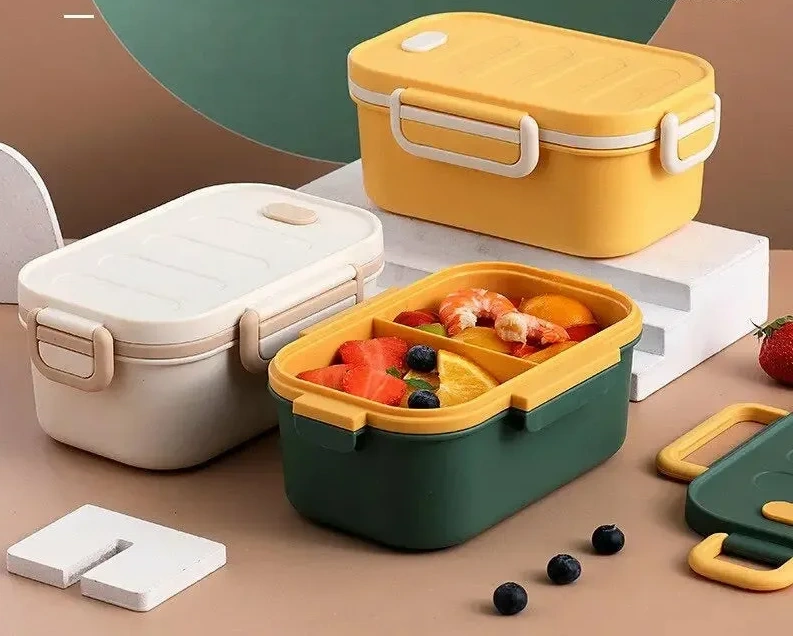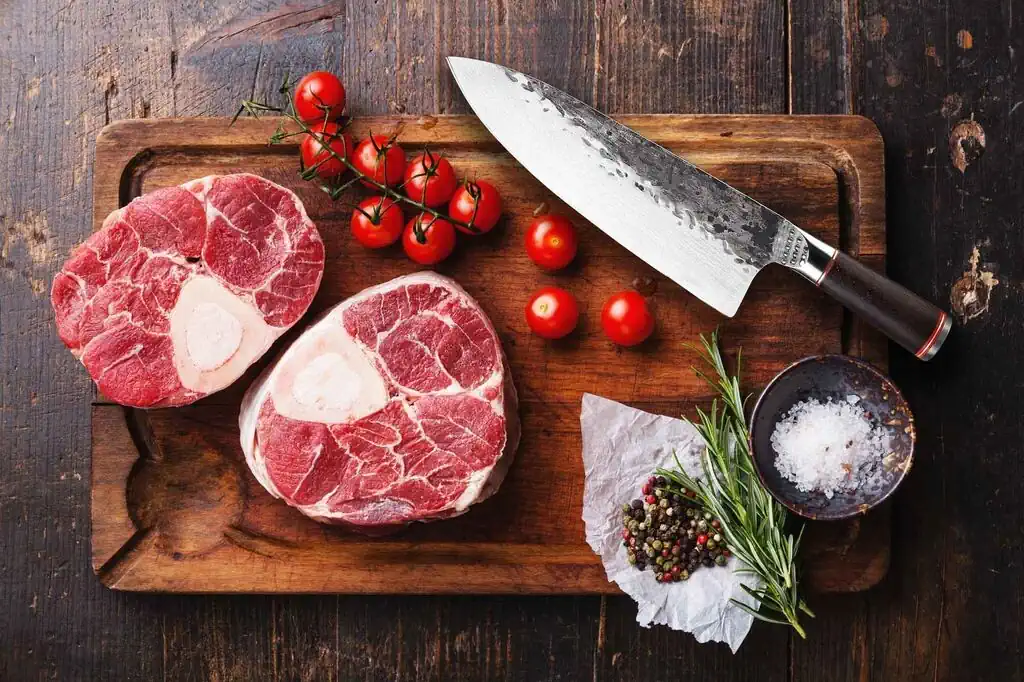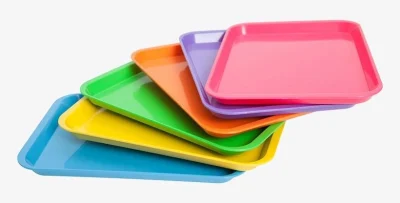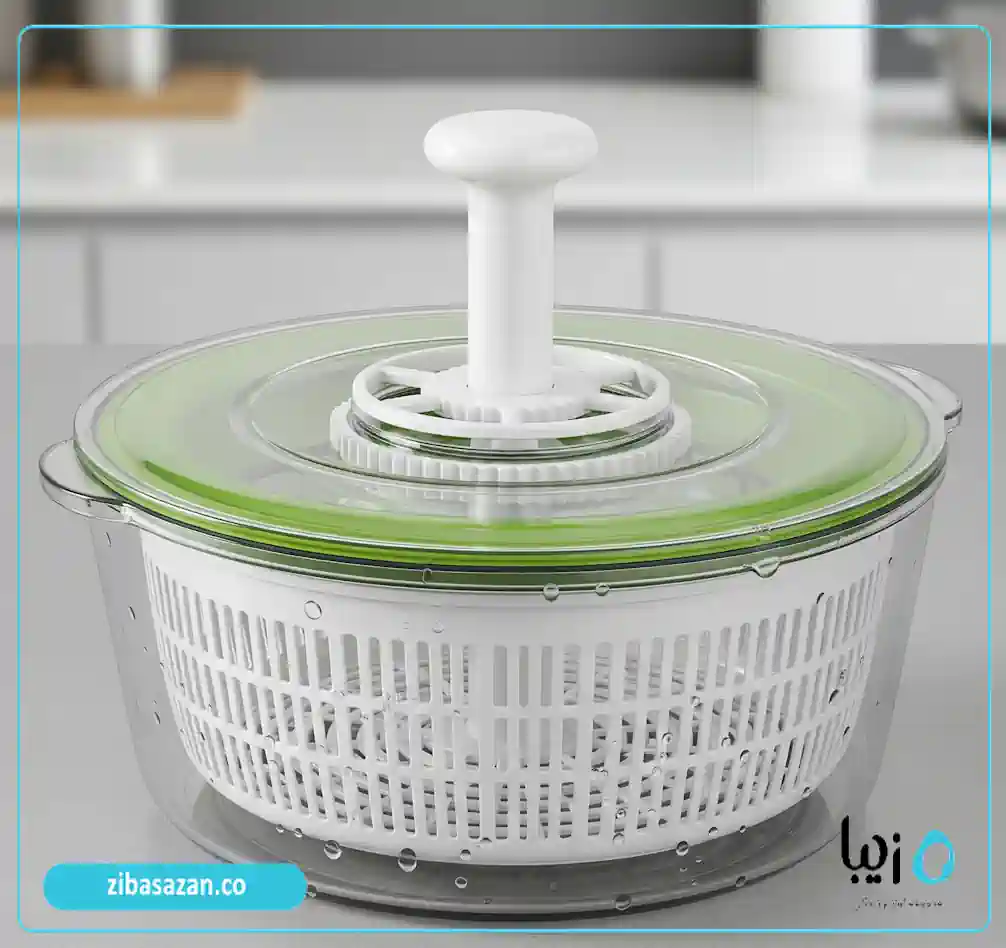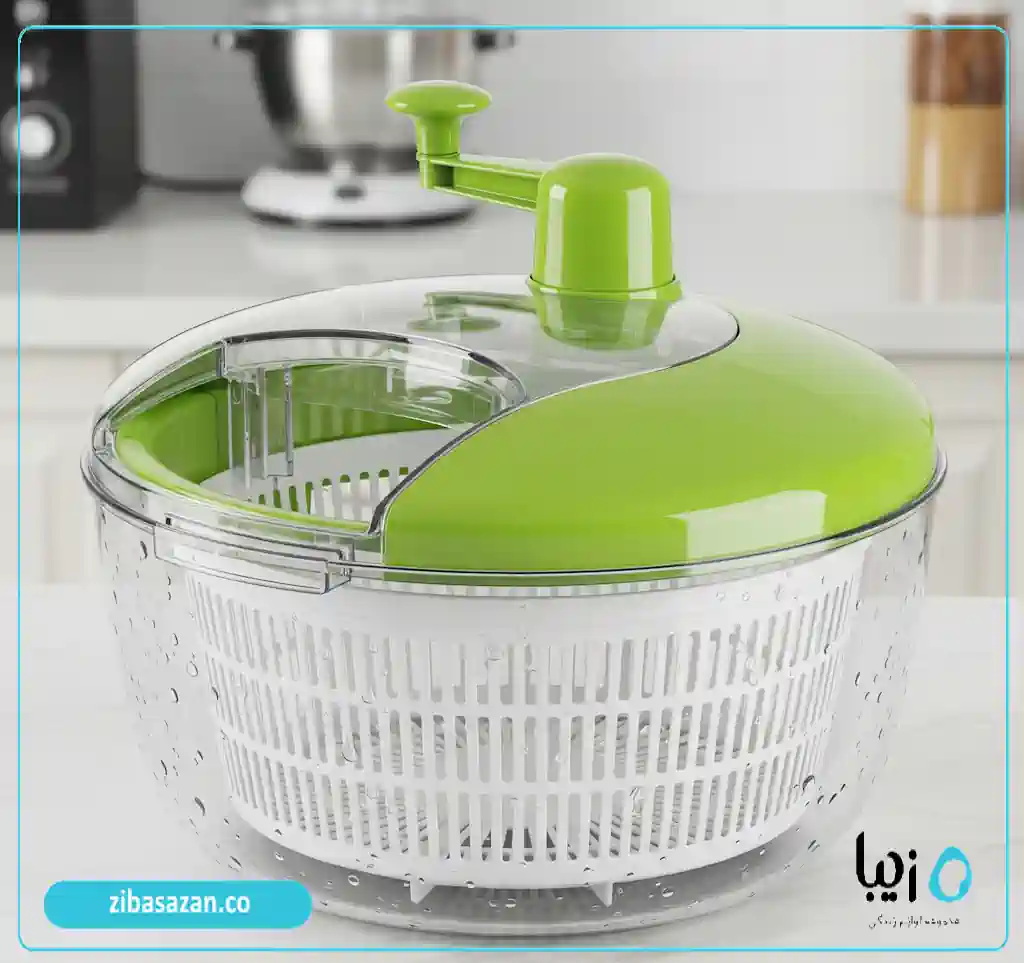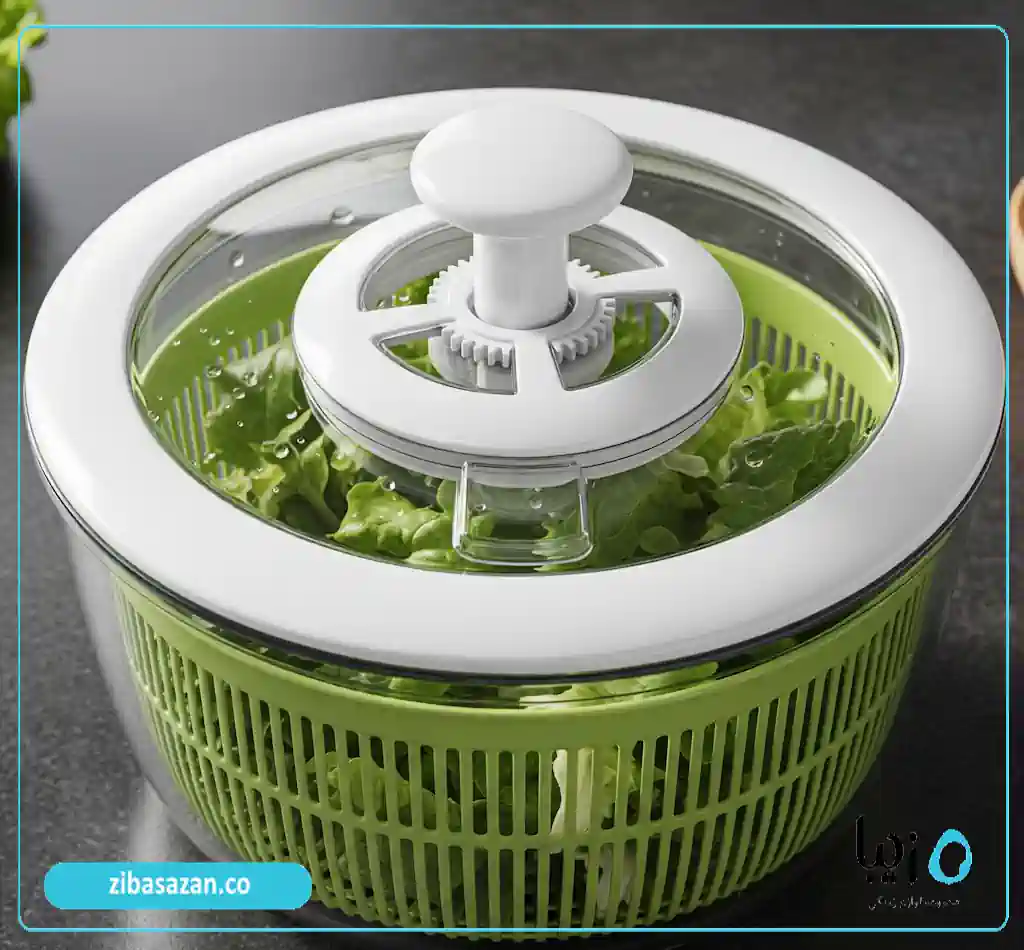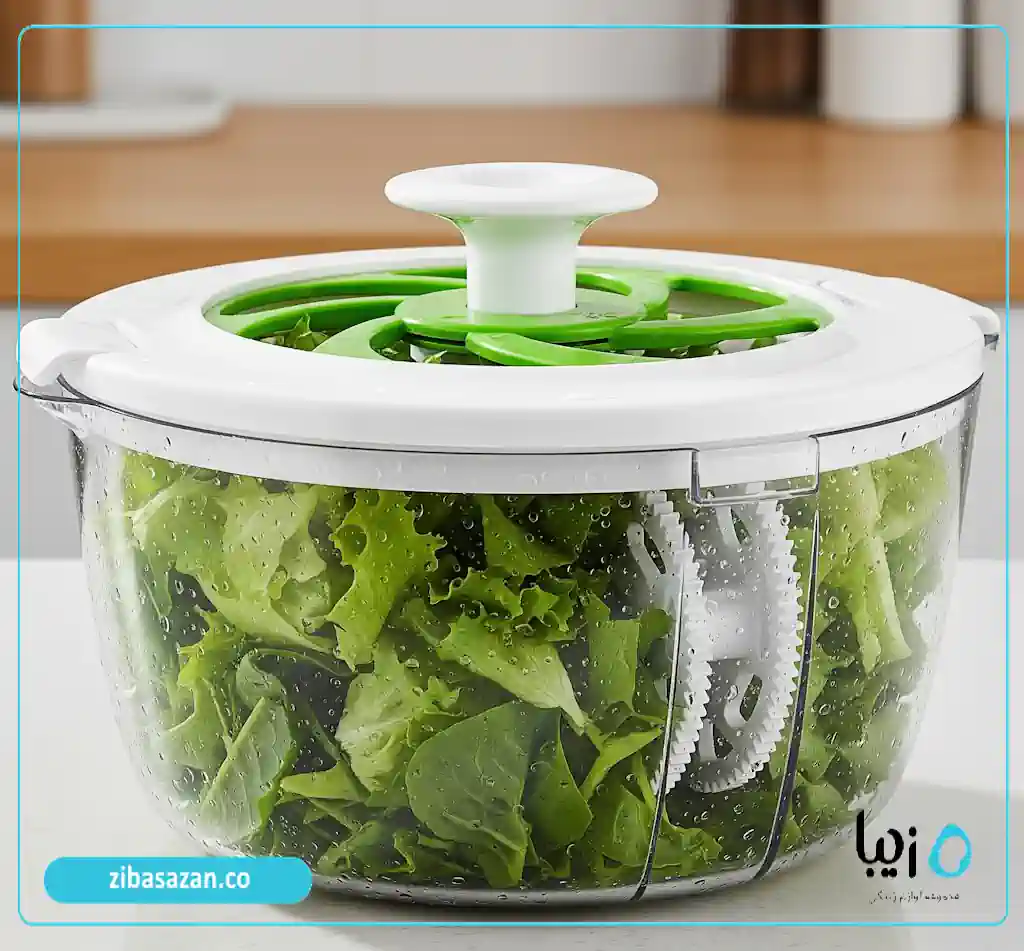Dryin vegetables not only increases their shelf life but also allows you to enjoy their flavor and nutritional value in different seasons. In this section, we’ll discuss the importance of drying vegetables and its effect on flavor, texture, and nutritional value.
فهرست مطالب
- 1 Why Drying Vegetables is Important
- 2 Introducing Different Vegetable Drying Methods at Home
- 3 Advantages of Using Zibasazan’s Professional Vegetable Dryer
- 4 Key Tips for Optimal Use of Zibasazan’s Vegetable Dryer
- 5 How to Quickly and Hygienically Dry Vegetables Without a Cloth Using Zibasazan’s Product
- 6 How Zibasazan Can Help You
- 7 Storing Homemade Food: Choosing the Right Freezer-Safe Plastic Containers
- 8 Types of Hangers by Material: Metal, Wood, and Plastic
- 9 Why Every Kitchen Needs a Plastic Sponge Holder: 5 Surprising Benefits
- 10 How to Prevent Foods from Getting Smelly in Freezer Containers: Practical and Easy Tips
- 11 How to organize our makeup like a professional makeup artist with a plastic organizer?
Why Drying Vegetables is Important
Increases Vegetable Shelf Life
Drying vegetables is one of the most effective methods to increase their longevity. Fresh vegetables, due to their high water content, spoil quickly, and long-term storage without spoilage is difficult. By removing excess water or moisture from the vegetables’ tissues, the activity of spoilage microorganisms is reduced, and the decaying process is postponed. This allows you to use dried vegetables when fresh ones are out of season, ensuring you always have a ready supply at home.
Preserves Natural Flavor and Aroma
Proper drying preserves the natural flavor and aroma of vegetables. Unlike some preservation methods that alter the taste and smell of food, drying—especially when done correctly and protectively—retains most of the aromatic and flavorful compounds. This feature is particularly important for aromatic herbs like mint, dill, and cilantro, making them versatile and flavorful additions to various dishes.
Maintains Nutritional Value and Vitamins
Among common vegetable preservation methods, drying is one that retains the most nutrients and vitamins. If the drying process is done correctly, there is no significant reduction in the amount of vitamins, antioxidants, and minerals. This ensures that dried vegetables still offer acceptable health and nutritional benefits, serving as a good source of micronutrients.
Reduces Volume and Facilitates Storage
Drying vegetables significantly reduces their volume and weight, which makes storage and transport easier. Smaller, more compact packages take up less space in your kitchen or pantry, and they don’t require refrigeration or freezing. This benefit is crucial for people with limited space or who want to use vegetables while traveling or on a picnic.
| Preservation Method | Shelf Life | Nutritional Value | Flavor & Aroma | Storage Space Needed |
| Drying | High (months to years) | Good (if done correctly) | Good | Low |
| Refrigeration | Medium (a few days to a week) | Excellent | Excellent | Medium |
| Freezing | High (several months) | Good | Medium | High |
| Chemical Methods (Salt/Alcohol) | Medium to High | Low to Medium | Poor | Medium |
Introducing Different Vegetable Drying Methods at Home
Drying vegetables can be done using various methods, from traditional techniques like using a cloth to modern appliances. Here, we’ll explore these methods, compare their efficiency, and introduce effective solutions.
Traditional Methods: Cloth and Fabric
Using a cloth or cheesecloth is one of the most common and oldest methods for drying vegetables. In this method, after washing, the vegetables are wrapped in a cloth and the excess water is absorbed by pressing and shaking. This method is simple and cost-free, but it has drawbacks; for example, it doesn’t dry the vegetables completely, and remaining moisture in some parts can reduce their shelf life and final quality.
Drying with a Colander and Manual Shaking
Drying with a colander is another manual technique seen in many homes. In this method, vegetables are placed in a colander and the excess water is shaken out by fast, firm movements. This method is faster than using a cloth but still doesn’t completely remove moisture, and the vegetables remain damp.
Manual Spin Dryer (Salad Spinner)
One of the most efficient and mechanical methods for drying vegetables is using a manual spin dryer. These devices are typically designed as a container with a basket and a spinning handle. The rapid rotation uses centrifugal force to separate water from the vegetables. This method greatly improves the drying process and minimizes remaining moisture.
Electric Vegetable Spin Dryers
With the integration of technology into the kitchen, electric dryers have been developed for faster and more complete vegetable drying. These modern devices use powerful motors to automatically spin vegetables in a closed environment at high speeds. This process separates excess water very effectively without the need for manual pressure or prolonged shaking.
| Method | Drying Speed | Moisture Removal | Ease of Use | Need for Special Equipment |
| Using a Cloth | Slow | Medium | Easy but time-consuming | None |
| Colander & Shaking | Medium | Medium | Relatively easy | Standard colander |
| Manual Spin Dryer | High | Good | Simple and fast use | Special device |
| Electric Spin Dryer | Very High | Excellent | Very easy and hassle-free | Specialized electric device |
Advantages of Using Zibasazan’s Professional Vegetable Dryer
The professional vegetable dryer produced by Zibasazan, with its modern design and high efficiency, allows you to dry your vegetables quickly and with minimal effort. In this section, we’ll examine the features and advantages of this device and its role in daily life.
Modern Design for Daily Needs
Zibasazan’s professional vegetable dryer is designed to be modern and functional, meeting a wide range of consumer needs. The device’s design not only adds visual appeal to your kitchen but also makes it simple and pleasant to use. Its compact dimensions mean it doesn’t take up much space on your counter or in your cabinets and is easy to move and store.
High Efficiency for Fast and Complete Drying
One of the most significant advantages of this device is its high drying power and the short time required to remove water from vegetables. The rapid spinning system and specialized design of the water-collecting basket ensure all excess moisture is quickly and completely removed from the vegetables’ surface. This effective drying preserves the vegetables’ quality and freshness, extending their shelf life.
Easy to Use and Reduces Effort
Using the Zibasazan vegetable dryer is very easy and requires no special skills. Simply place the washed vegetables inside, close the lid, and activate the handle or button. This process automatically dries the vegetables in a short time. This capability is particularly suitable for people who lack the time or strength for traditional methods.
| Feature | Zibasazan Dryer | Traditional Methods | Manual Spin Dryer |
| Drying Speed | Very fast | Slow | Medium |
| Drying Quality | Complete and uniform drying | Irregular, remaining moisture | Improved over traditional but less than professional |
| Ease of Use | Very easy, no skill needed | Requires pressure and patience | Easy but depends on manual force |
| Hygiene | Minimal hand contact | Direct contact | Minimal hand contact |
Key Tips for Optimal Use of Zibasazan’s Vegetable Dryer
To get the most out of your Zibasazan vegetable dryer, it’s essential to be aware of certain tips and tricks. This section provides key points on how to use, clean, and maintain the device correctly.
Choose the Right Vegetables for Drying
For the best results, start by selecting the right vegetables. Using fresh, healthy, and blemish-free vegetables will yield the best drying quality. Herbs with thin, soft leaves like mint, cilantro, and parsley should be thoroughly washed and dried beforehand to remove excess moisture. Thicker-textured vegetables like dill and tarragon may require more time in the device.
Do Not Overfill the Device
One of the most important things for optimal use is not to overfill the device. If the amount of vegetables inside is too large, the drying speed and quality will decrease, leaving moisture behind. It’s best to place the vegetables evenly with some space between them to allow for proper air circulation and effective drying.
Set the Right Time and Speed
The Zibasazan vegetable dryer has the ability to adjust the spin speed and time. Based on the type and quantity of vegetables, the drying time should be carefully selected. Excessive drying may reduce the quality and color of the vegetables, while insufficient drying won’t remove all the remaining moisture.
Regular Cleaning and Maintenance
Keeping the device clean is crucial; otherwise, accumulated moisture and vegetable residue can lead to mold growth or unpleasant odors. After each use, separate all parts of the device and wash them with warm water and mild detergent. Fully drying the parts before reassembly will extend the device’s lifespan and keep it performing at an optimal level.
| Tip | Description | Impact on Drying Quality |
| Select fresh vegetables | Use blemish-free, fresh produce | Better drying, preserved aroma |
| Avoid overfilling | Place vegetables with enough space | Better air circulation and uniform drying |
| Set time and speed | Adjust based on vegetable type and moisture | Preserves quality, prevents over-drying |
| Clean regularly | Wash parts after each use | Prevents mold growth and increases durability |
How to Quickly and Hygienically Dry Vegetables Without a Cloth Using Zibasazan’s Product
One of the main challenges in drying vegetables is using a cloth to absorb moisture. This section explores techniques that help you dry vegetables cleanly and easily without needing a cloth.
The Limitations of Traditional Methods
The traditional method of using a cloth to dry vegetables, in addition to being time-consuming, can lead to contamination and a loss of vegetable quality. Hand-drying often leaves enough moisture to cause issues like mold and a reduced shelf life. Zibasazan’s vegetable dryer provides a completely different and effective solution with its modern and efficient design.
Using Centrifugal Force to Remove Moisture
Zibasazan’s vegetable dryer uses a rapid spinning mechanism that generates centrifugal force to completely separate excess water from between the vegetable leaves. Unlike using a cloth, this method does not require direct hand contact with the vegetables, which drastically reduces the risk of contamination. The spinning speed is also adjusted to avoid damaging the vegetables’ structure and texture.
User-Friendly Design
The simple and easy-to-use design of the Zibasazan device makes it accessible to everyone in the household, even those without prior experience with kitchen appliances. You simply place a certain amount of vegetables in the basket and press a button or turn a handle to begin the drying process.
| Method | Drying Time | Drying Quality | Hygiene & Safety | Need for Manual Involvement |
| Drying with a Cloth | Long | Medium | Low (high risk of contamination) | High |
| Zibasazan Electric Dryer | Short (a few minutes) | Excellent and uniform | Very high (minimal contact and contamination) | Low (pressing a button or turning a handle) |
How Zibasazan Can Help You
Zibasazan, a pioneer in producing plastic containers and kitchenware, offers a unique vegetable drying experience with its products, such as its vegetable dryer. These devices are designed to enhance efficiency and aesthetics in the kitchen, allowing you to manage your vegetables like a professional. Zibasazan promises a memorable experience through its focus on convenience and elegance in daily life.
- Expertise in High-Quality Kitchenware: Zibasazan’s vegetable dryers are made from premium materials and modern technologies, offering durability and a long lifespan.
- Ergonomic and Aesthetic Design: The products feature a user-friendly and ergonomic design. The balanced weight, standard dimensions, and separable parts provide a comfortable and hassle-free user experience.
- Customer Support and After-Sales Service: Zibasazan provides strong after-sales services and customer support, ensuring you have a reliable companion on your journey to professional vegetable drying at home.
| Feature | Small Household Model | Medium Model | Professional Large Model |
| Drying Capacity | Up to 200g of vegetables | Up to 500g of vegetables | 1kg or more |
| Special Features | Manual spin, plastic parts | Manual spin with ergonomic handle, easy to separate | Automatic spin, higher resistance, advanced design |
| Dimensions & Weight | Small and light | Medium, suitable for typical kitchens | Larger, for professional use or large families |
| Price | Economic and affordable | Medium | Higher due to added features |


